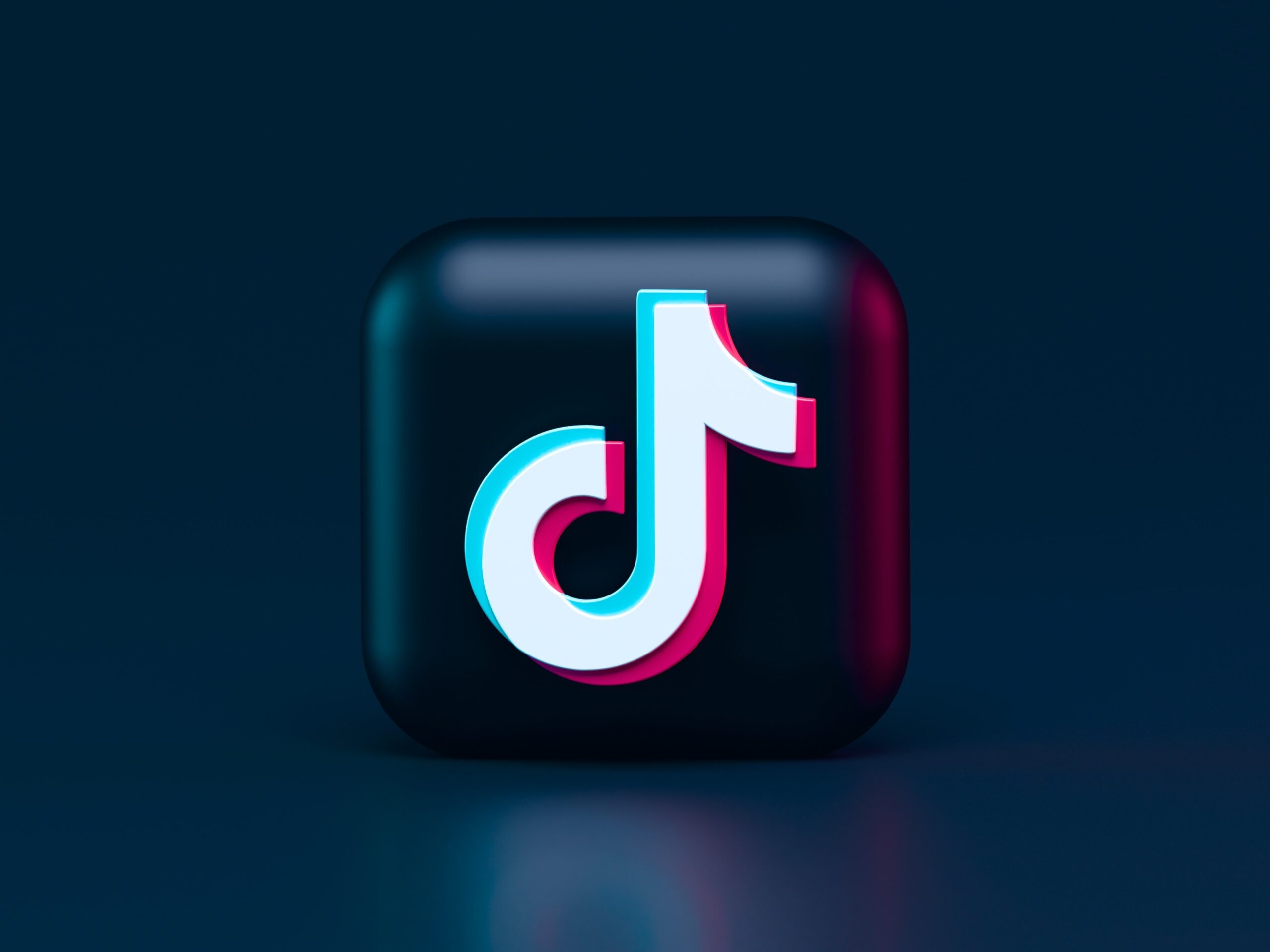Why Neo-Banks Are the Future

Feb 14 | 2019

After the 2008 financial crisis, 465 banks failed between 2008 and 2012. Only 10 banks failed in the five years leading up to 2008. Over 10 years later, the big banking industry hasn’t collapsed, but public trust in the sector has been irrevocably damaged by the institutional failure of the financial crisis.
As an alternative, customers are turning to mobile, fee-free banking services like Chime and Empower. The appeal of these neo-banks derives from traditional megabanks tricking customers into paying hidden fees. According to Chime, banks collected over $38 billion in fees in 2017.
Andrei Cherny, the founder of Aspiration, which boasts over a million customers, says, “In consumer banking, you have what is one of the largest industries in the United States, in terms of profits, and at the same time one of the least disrupted industries, and the most unpopular with consumers. Those three things create a perfect storm for disruption.”
Also known as challenger banks, these services are helmed by entrepreneurial industry disruptors and well-funded through venture capitalists. In 2018, neo-banks received four times more funding than they received the year before. Young customers who are new to private banking are especially comfortable with the concepts of online banking, money transfers, and digitally cashing a check.
(adsbygoogle = window.adsbygoogle || []).push({});
However, neo-banks take their own risks. Competing megabanks have unrivaled budgets to rebrand and expand their services. Additionally, the basic checking and savings accounts offered by neo-banks are not profitable on their own; expanding with loans and credit services is the key to becoming more established.
Still, some reports estimate that the top 10 banks will lose $159 billion to their smaller competitors this year. Lindsay Davis, a financial analyst at CB Insights, says, “Everyone is looking at cards and bank accounts as the next battleground.” Chime has already received $105 million from investors. One of the service’s benefits over competitors is that the company does indeed collect a fee–from Visa. Every time a customer uses Chime’s debit card, they collect the fee from Visa rather than the customer.
(adsbygoogle = window.adsbygoogle || []).push({});
“If you look ahead five years, there’s no way there will be a financial services industry that is charging consumers $30 billion a year in overdraft fees,” said Chris Britt, the chief executive of Chime. “We aim to shake that up, and I think a lot of other consumer companies will be doing the same thing.” While traditional banks have supported their local branches with fee revenue, some companies like JP Morgan Chase and Goldman Sachs have launched apps to compete with neo-banks, like Chase’s Finn and Sach’s Marcus.
Currently, between megabanks’ hidden and predatory fees and neo-banks’ limited services, there’s room in the industry for both big and small companies. If these fee-less services find a way to expand and stabilize, however, then only the largest and most powerful banks might be left standing.










